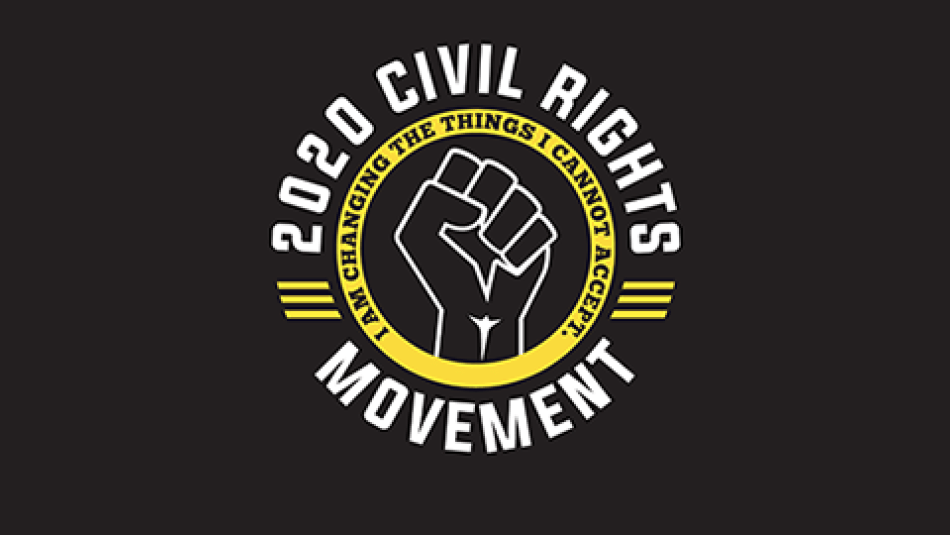
Share
Unifor’s National Executive Board has issued a call for redefining public safety in Canada and for comprehensive reforms to Canadian institutions that allow, support, or excuse systemic racism.
“As trade unionists we cannot ignore the deadly threat that racism poses to Black, Indigenous, and racialized peoples,” said Jerry Dias, Unifor National President. “Unifor will take action to organize, educate, and fight discrimination in all its forms.”
With increasing incidents of violent and deadly racism across Canada, including the recent deaths of nine Black, Indigenous, and racialized people killed during police interactions, Unifor has made combatting systemic racism a top priority. Today, the National Executive Board motion, passed unanimously, proposes a series of reforms to public institutions including redefining and demilitarizing policing and public safety, reallocating policing resources towards community-based models, destigmatizing mental health struggles, and ending systemic racism.
“Racially-motivated murders at the hands of law enforcement compels us to do more than just adopt an anti-racist posture,” said Christine Maclin, Unifor’s Director of Human Rights. “We have to take concrete action to eliminate systemic racism. Unifor members are doing just that by organizing educational events, actions, and promoting reforms that not only reshape how we conduct policing in our communities, but all institutions and structures in society.”
The union has organized a National Day of Action for Racial Justice on July 31 that includes educational events, sharing educational materials and a moment of silence for Black, Indigenous, and racialized people killed in police interactions.
Unifor has also called on all Premiers to recognize Emancipation Day. Currently, Ontario is the sole province to designate August 1 as Emancipation Day, the date on which John Graves Simcoe, the Lieutenant Governor of Upper Canada and slavery abolitionist, signed the first piece of anti-slavery legislation in 1793.
Emancipation Day is intended to confront and acknowledge Canada’s role in upholding and maintaining slavery of Indigenous and Black people for more than 200 years. The history and legacy of slavery in Canada is often poorly understood and is regularly ignored, particularly when compared to the history of slavery in the United States.
“We have to use today as an opportunity of envisioning and building communities where everyone can thrive regardless of race, ethnicity or mental health status,” added Dias. “If we are truly going to work towards the elimination of systemic racism then we cannot shy away from the difficult conversations and hard work needed to reconcile both historical and current injustices against Indigenous, Black, and racialized peoples.”


